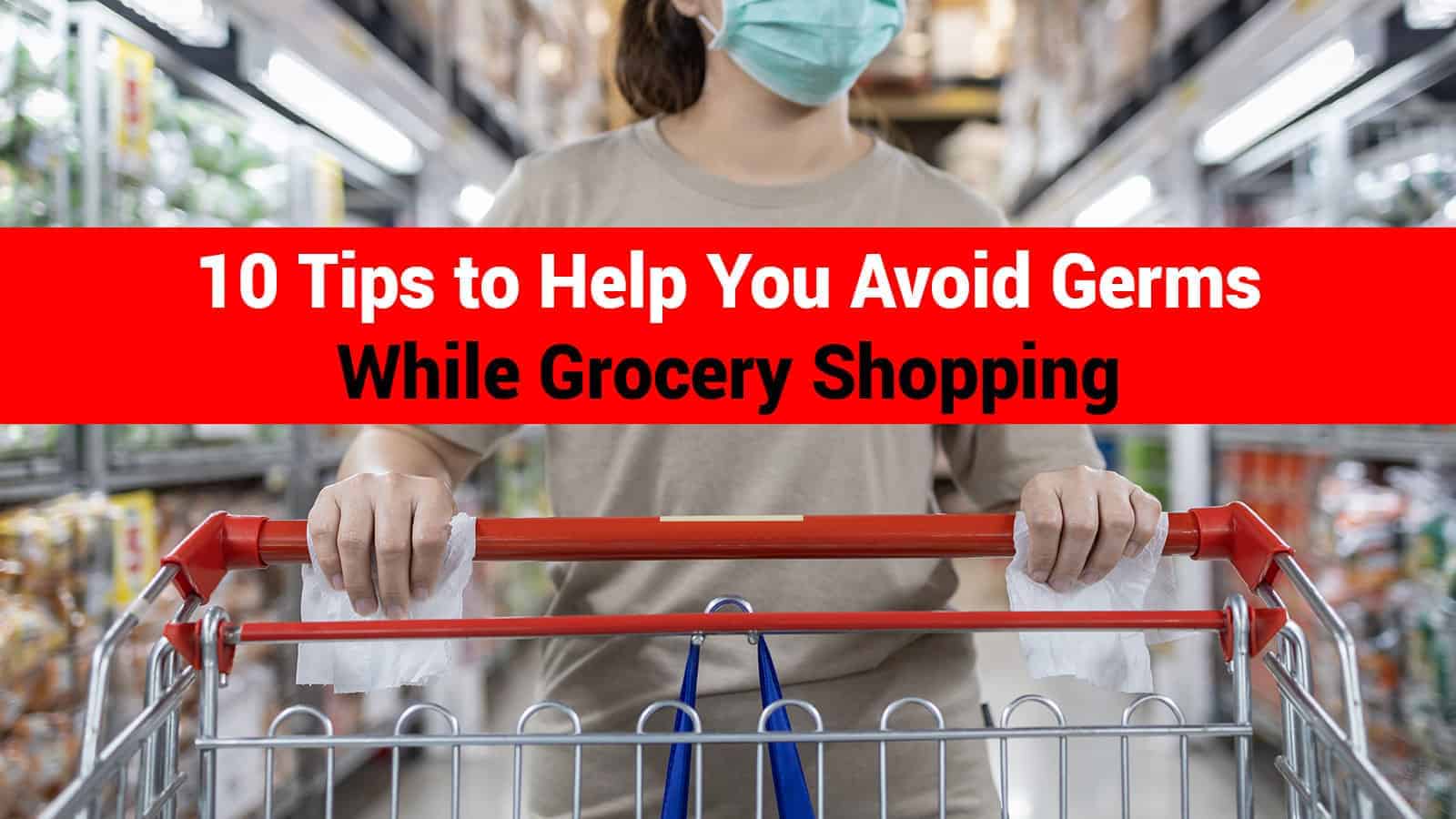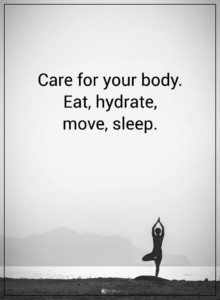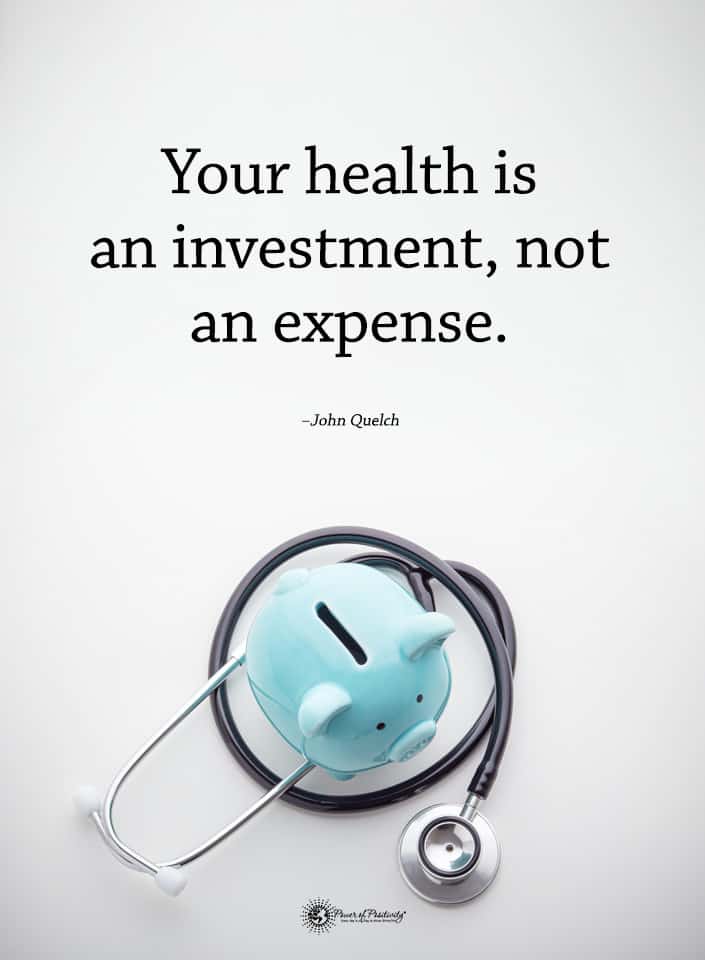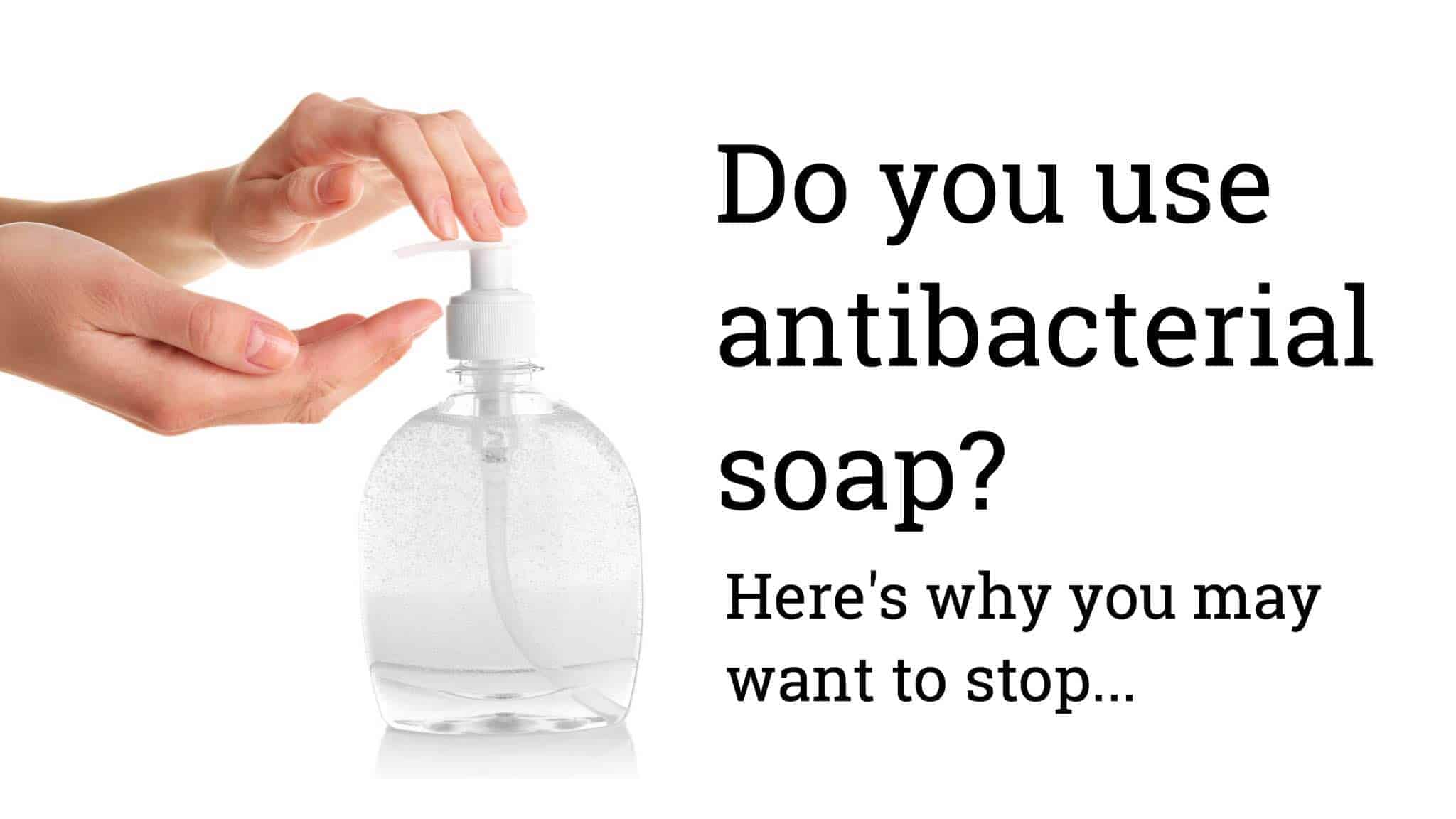Germs are all around you, and there’s really no way for you to totally avoid them. While encountering bacteria in small doses is vital to help you develop immunities, you want to avoid the toxic varieties that can make you sick. So the big question is, how does someone running errands and coming in contact with tons of people while grocery shopping avoid getting sick?
10 Tips for Dodging Germs at the Grocery Store
The grocery store is one place that you must visit each week or so. Even if you utilize the pickup services, there are always things you forget and need to grab on the go. How can you protect yourself when you’re in the supermarket?
If you listen to the news, you might be confused as to what to do as it seems each expert has a different opinion on what works and what doesn’t. You must use common sense when it comes to your health and not overdo it on germ protection. One expert will tell you to do specific things while another will say that these things aren’t helping you.
Anything you do to bring awareness and protect yourself is beneficial. Here is a list of 10 tips that can help you to stay safe while shopping for groceries.
1. Sanitize Your Cart
When you first enter the store, you will see that shopping centers are usually crowded, especially if you go to the big box supercenters. Sanitizing your cart has become essential. As of March of 2020, most supermarkets are sanitizing carts for you, but you can’t be too careful.
Thankfully, most centers have installed hand sanitizer and wipe stations for you to clean your cart. Think of all the people that come and go in these stores each day. A study was conducted in South Carolina at a Piggly Wiggly supermarket to examine the level of germs on the shopping carts.
They tested a select number of buggies, which some had been wiped down before opening, and some had not been wiped at all. The results at the close of business were frightening. The carts had fecal matter, e coli, ringworm, and the virus that causes strep throat on them.
The carts that had been wiped down fared better, but they were still toxic. The study proves that it’s best to clean your cart to provide some protection.
2. Wear a Mask
It’s easy to see how running errands can be dangerous to your health based on the information obtained from the shopping cart study. Some people hate wearing masks because they feel as if they are suffocating and their glasses fog up.
However, wearing that mask could prevent an infection. Now, any old cover won’t do. You can’t put a piece of cloth up to your face and think you’re protecting yourself. Do a couple of tests to see how strong your mask’s protection power.
First, can you smell anything through it? If your mask is thin enough to smell stuff through it, then it’s not going to protect you. Second, can you see the light through it when you hold it up? Again, it’s not going to protect you if the material is very thin.
You need a mask with a filter. The best to use is the N95 varieties that have breathing gills on the side. These allow you to breathe clean air and not inhale CO2.
4. Don’t Touch What You Don’t Plan to Take
Avoid the temptation to casually browse products that you don’t need or intend to purchase. Manufacturers lure you with tempting and colorful packaging that draws your eye. However, you should avoid touching items that aren’t on your grocery shopping list.
The fewer things you touch, the fewer germs you will pick up on your hands.
5. Stay Six Feet Away
Six feet is the magic number to keep you safe from airborne germs. The Center for Disease Controls says that you must stay about two arm’s lengths from anyone else in the store. If a person doesn’t cover their nose or mouth when they sneeze or cough, this is the appropriate distance to stay protected.
Even if a person does cover their face during an eruption, it still sends microscopic particles into the air. One breath of these germs is all it takes to make you sick. When you’re six feet away, those particles cannot travel that far, so the chances of you becoming sick diminish.
6. Do Your Shopping During Slow Times
Grocery shopping can be a nightmare if you go during peak times. You want to shop early or late, but never in the afternoon or after work. You get the best selection when you do your grocery shopping early, and you get the least crowd when you shop late.
You want to strive to have fewer people inside the building when you shop. The fewer people that you encounter, the lower your risk of contracting anything toxic.
7. Leave the Kids at Home
In peak seasons when the flu and other viruses are running rampant, it’s essential to leave the kids at home. Children like to touch everything they can get their hands on, and then put their hands into their mouth. When they put these germs into their mouth, they become infected.
Now the beautiful thing about kids is that they have strong immune systems. They can be a carrier for a virus and never get sick themselves. So they can bring the flu home to you, yet it won’t phase them one bit. Unless it’s necessary, leave the kids at home when grocery shopping.
8. Carry Hand Sanitizer
Did you know that the germiest areas you will encounter while grocery shopping is the meat counter, the produce section, and the pin pad for credit card transactions? While it’s not possible to run to the restroom and wash your hands after you touch each little thing, keep a bottle of sanitizer on you.
All it takes is to scratch your eye, touch your nose or mouth, and you will transfer bacteria. Think of all the people that don’t wash their hands after they use the restroom. These people are spreading fecal matter and other bacteria around, and it can easily make its way into your mouth.
9. Wash Your Hands
After your shopping trip, you need to make sure you get rid of the germs you’ve picked up. Before you touch the steering wheel in your car, take a wet wipe loaded with a disinfectant and wash your hands and anything you’ve touched. If you transfer any bacteria to your steering wheel, it will infect anyone that encounters it.
As soon as you get home, wash your hands with an warm water and soap up to the elbow area. Make sure that you wash for at least 20 seconds and get a good lather going. Proper handwashing hygiene should be standard, but you should increase it during times of flu and other virus outbreaks.
10. Pay Attention to What You Put in Your Cart
As important as all the things you do to keep yourself safe from germs, it’s also important what you put inside your cart while grocery shopping. You can help build your immunity to fight off disease and infection by only eating healthy.
Did you know that garlic is a natural antibiotic that is known for its healing properties? It can help to boost your immune system. Lemons are another thing that should be on every household’s shopping list. These little citrus cuties are full of Vitamin C and can help to ward off colds and the flu.
Other immune-boosting foods to consider include the following tasty:
- Oranges and citrus fruits
- Blueberries
- Fatty fish
- Eggs
- Avocado
- Fresh leafy greens (kale, spinach, leaf lettuce)
- Nuts (because you need healthy snacks!)
Stock your pantry with organic, whole foods to amplify your body’s immune response to bacteria and viruses.
And remember that while you’re worrying about masks, gloves, and hand sanitizer, don’t forget that a healthy diet can do more for your immunity than any of these things every can.
Final Thoughts on Avoiding Germs in a Germ Filled Grocery Store
You can’t lock yourself in a bubble just because there are germs all around you. The body is designed to build immunity to bacteria and diseases by being exposed to small doses. This exposure is how your body can develop a quicker immunity.
Nature is healing. There are healing powers in fruits, vegetables, herbs, and things provided by Mother Earth. When you learn to eat right, you can effortlessly build your immunity to protect you from something you encounter.
When all else fails, you always have the backup methods of masks, hand sanitizer, and other little steps you take to avoid encountering bacteria. The trick is to be wise, be safe, and above all else, be kind. It’s a tough time and being tolerant and kind to one another is essential during these periods.





















